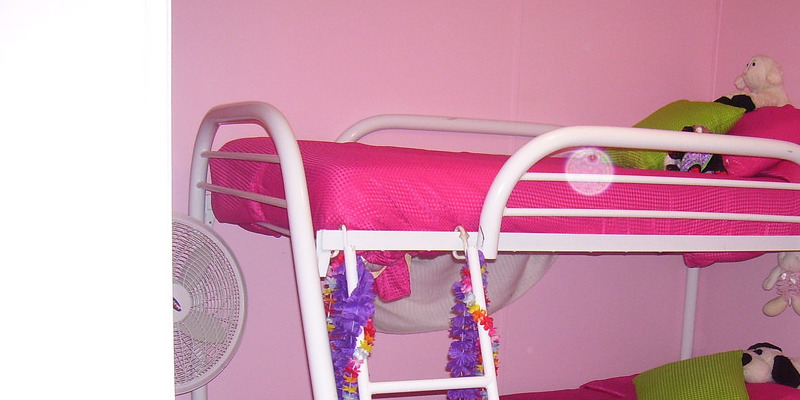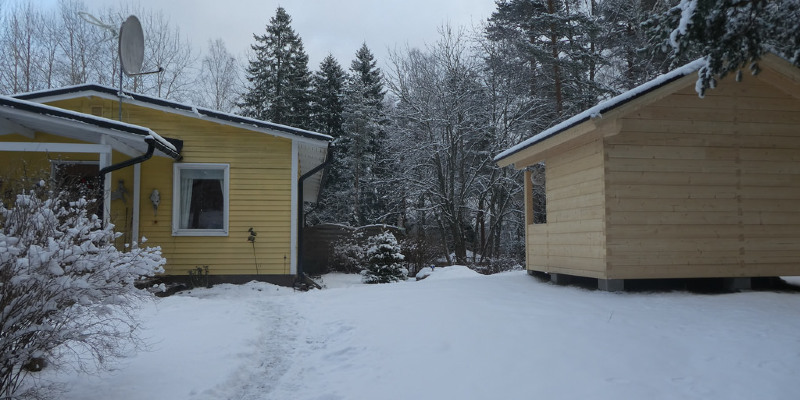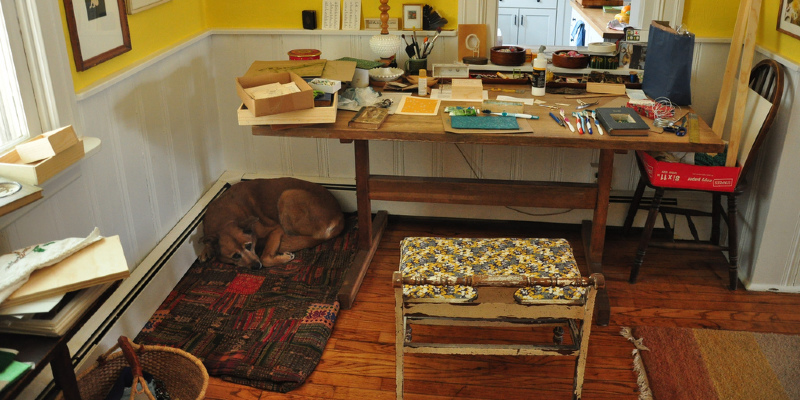Your automated safety system was developed to supply the perfect amount of water to your yard and also to Stump Removal estimates Phoenix, AZ plants — and to deliver it when evaporation is suppressed by higher humidity before dawn as possible sleep. The advantages of any mechanical system depend on good maintenance, though — and water leaking from a backflow prevention device could be a nuisance or indicate a serious issue.
Pressure Breaker Basics
Plumbing Services Boston repair specialists and building codes mandate backflow controls to safeguard the potable water supply. Several types of devices maintain water from pulling dirt, chemicals and organic matter into the family water supply that is used for washing and drinking. The water in the automated sprinkler system may back up because of pressure changes in the city water supply or as various sprinkler zones begin and stop, sustain damage or error. The pressure vacuum breaker, mounted 6 to 18 inches — based on your local code — above extended sprinkler heads is selected for many systems. The pressure breaker comprises a disc, called a poppet, that propped up, allowing water to flow into the sprinkler lines, however, falls seals and back once the flow stops and creates a vacuum.
Easy-to-Fix Leaks
Pressure vacuum breakers may leak because sealing tape or plumber’s putty is worn or absent in required connections on either side of the breakers. The little outlet drains on either side of the breakers, used for periodic or mandated system pressure testing, may also occasionally leak a little bit of water as the system fees and clears. Leaks due to improper assembly ought to be fixed. Control leaks at an outlet drain by ensuring the port in addition to the screw aligns across the drain instead of along its length.
Breaker Unit Operational Leaks
Occasional minor leaks might escape around the cap of the pressure vacuum breaker once the system shuts down — especially if your system uses water in a well instead of water. Some water may also escape during system startup since the pressure breaker doesn’t seal until the inverse pressure surpasses 1 psi. These leaks are not severe. Stress that exceeds the tolerance of the condom might cause a leak that doesn’t stop because the system cycles, nevertheless. Since pressure vacuum breakers are intended to tolerate typical city system and pressures, this kind of leak must ask you to check with your water utility.
Leaks in the Depths
The poppet that moves inside the pressure vacuum breaker unit along with the bonnet, that insures it’s o-ring gaskets that seal against the inner walls of the breaker. Because gaskets era, they become brittle and crack. The plastic poppet and bonnet can also wear out. When these inner components wear, then the unit can not react to vacuum pressure and water pours from the top from under the cover. To avert this issue, replace gaskets periodically in line with the manufacturer’s recommendations. Poppet, bonnet and gaskets all come together in replacement kits for your model pressure vacuum breaker.



